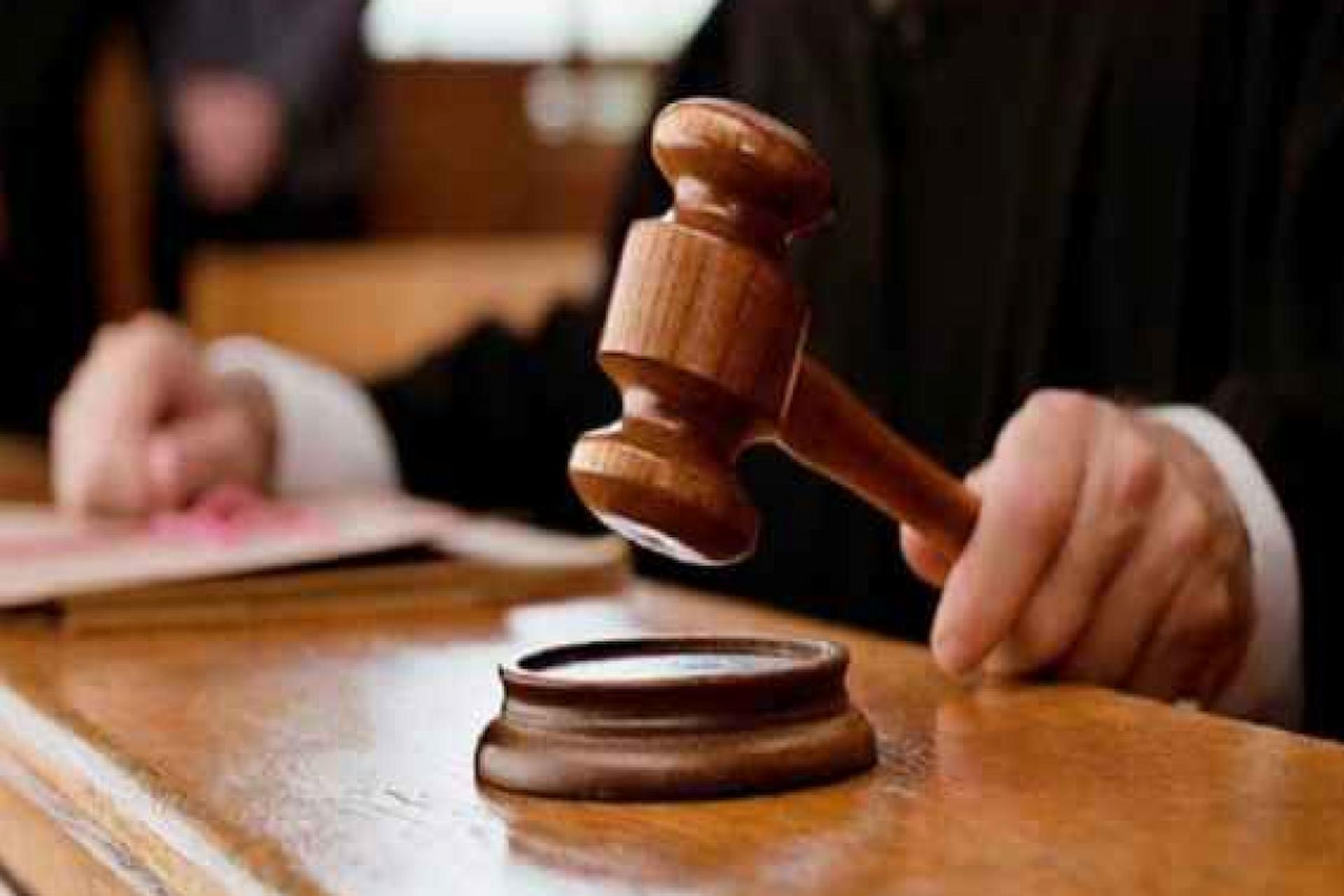
Crime is essentially an act that is punishable by law. There are many social, economic, and psychological that may trigger a person to commit a certain crime. Judge Charles Burns further highlights that while there can be many factors or causes due to which a person commits a crime, these factors do not excuse or justify criminal behavior. Many individuals who face similar circumstances do not resort to illegal actions.
Judge Charles Burns marks certain causes due to which one may commit a crime
The motivations behind criminal behavior can quite complex and multi-faceted. People may commit crimes for several reasons, and their behavior is often influenced by a combination of underlying factors. Here are some of the underlying factors due to which people engage in criminal activities:
Socioeconomic factors: Lack of resources and economic disadvantages may drive individuals to crimes as a means of survival. The absence of proper employment opportunities, limited access to education, and financial pressures can push people towards criminal activities like theft and robbery to meet their basic needs. Joblessness often leads to a sense of hopelessness and frustration. People who do not have a legitimate income may choose to engage in criminal activities to earn money.
Social factors: Peer pressure, family background, and social disorganizations may cause people to engage in certain criminal behaviors. If one is a part of delinquent peer groups, then their likelihood of engaging in criminal behavior goes up. The desire for acceptance, peer pressure, as well as the need for belonging may trigger people to commit crimes to gain recognition or maintain group cohesion. The risk of criminal involvement also goes up if one grows up in dysfunctional families. These families can be characterized by neglect, abuse, criminal behavior, and so on. People who do not have positive role models in their life, have to experience poor parenting, and deal with a disrupted family environment may get stuck in a cycle of criminal behavior. In addition to friends and families, the neighborhood where one lives may also cause them to take part in criminal activities. Staying in neighborhoods with high crime and lack of community support may increase exposure to criminal behavior. Inadequate law enforcement and limited access to social services might contribute to a higher propensity for crime.
Psychological factors: Certain people with mental health disorders like impulse control disorders, personality disorders, and substance abuse disorders, might be more prone to engaging in criminal behavior. These issues can impair the decision-making, impulse control, and judgment of a person, leading to criminal acts. Strong emotions like resentment, jealousy, frustration, and anger also can lead individuals to commit impulsive or violent acts in the heat of the moment.
As Judge Charles Burns discusses, in addition to the factors discussed above; drug addiction and alcohol abuse are also strongly correlated with criminal behavior. Substance abuse can increase aggression, and even cause individuals to commit crimes to support their addiction or obtain drugs. People who have experienced emotional and physical abuse would be at a greater risk of engaging in criminal behavior as a coping mechanism or even as a result of untreated psychological trauma.
